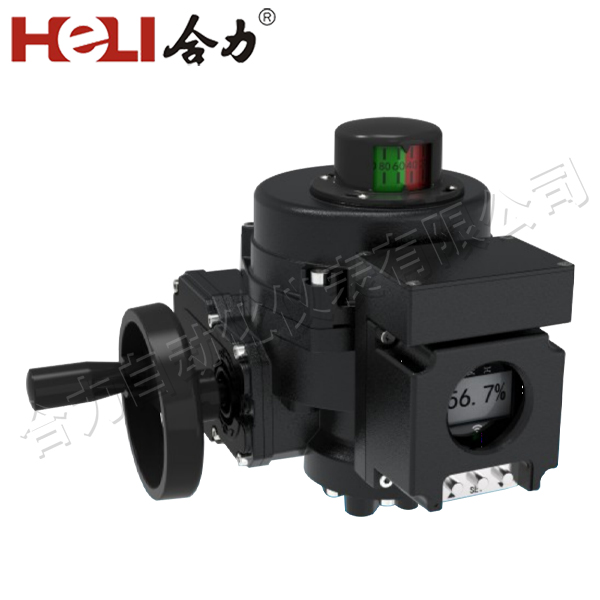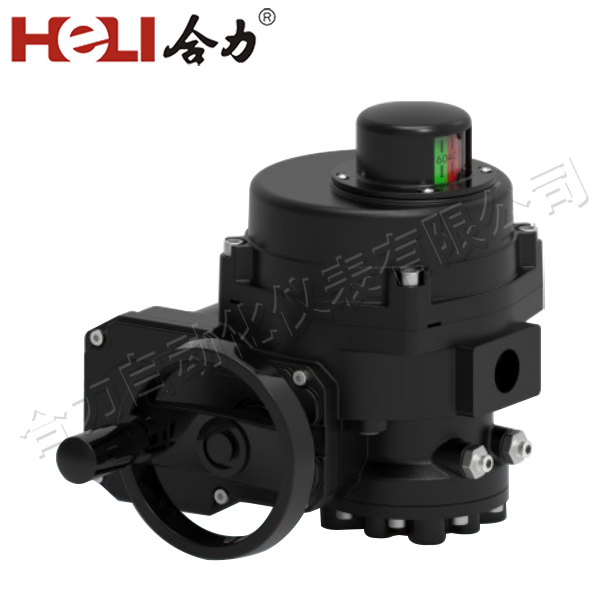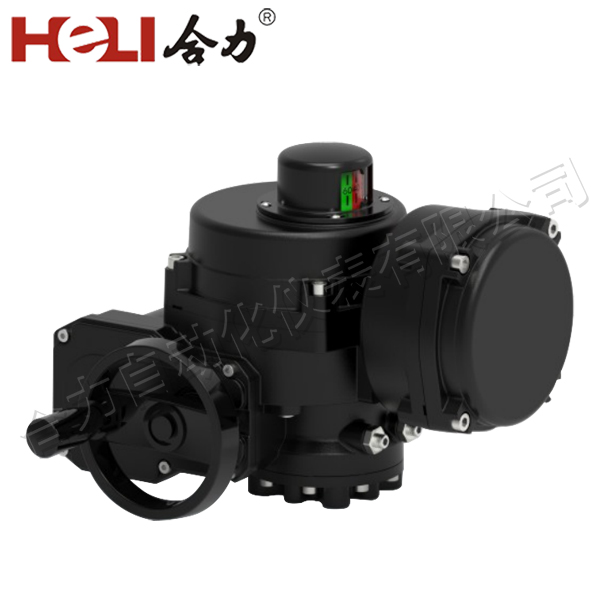understanding lithium battery electrical installation: best practices and guidelines
Release time:2024-12-26 18:16:11
In recent years, lithium batteries have emerged as a leading technology in the energy storage sector, largely due to their high energy density, efficiency, and longevity. The increasing adoption of lithium batteries across various applications—from electric vehicles (EVs) to renewable energy systems—has highlighted the need for proper electrical installation practices. This article delves into the essential aspects of lithium battery electrical installation, including safety protocols, equipment requirements, and best practices.

The Importance of Proper Installation

Lithium batteries are sensitive to conditions such as temperature and voltage fluctuations. Improper installation can lead to safety hazards, including thermal runaway, fire, or even explosions. Therefore, adhering to best practices in lithium battery electrical installation is crucial for maximizing performance and ensuring safety.
Safety Considerations
Safety should be the foremost priority when installing lithium battery systems. Here are some key safety considerations:




